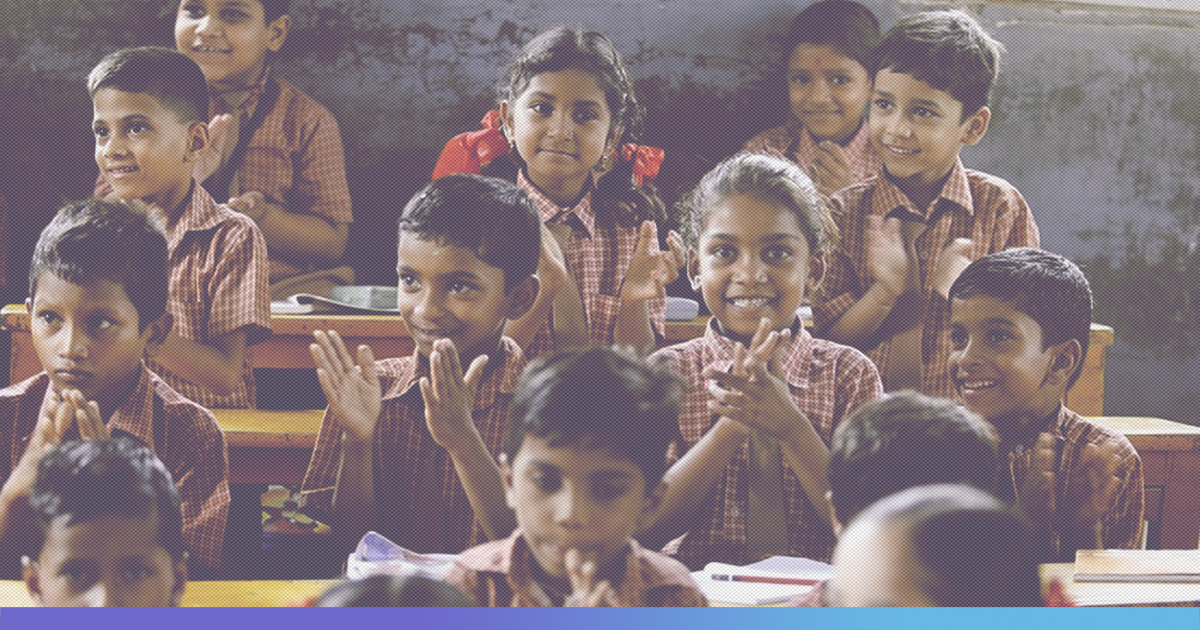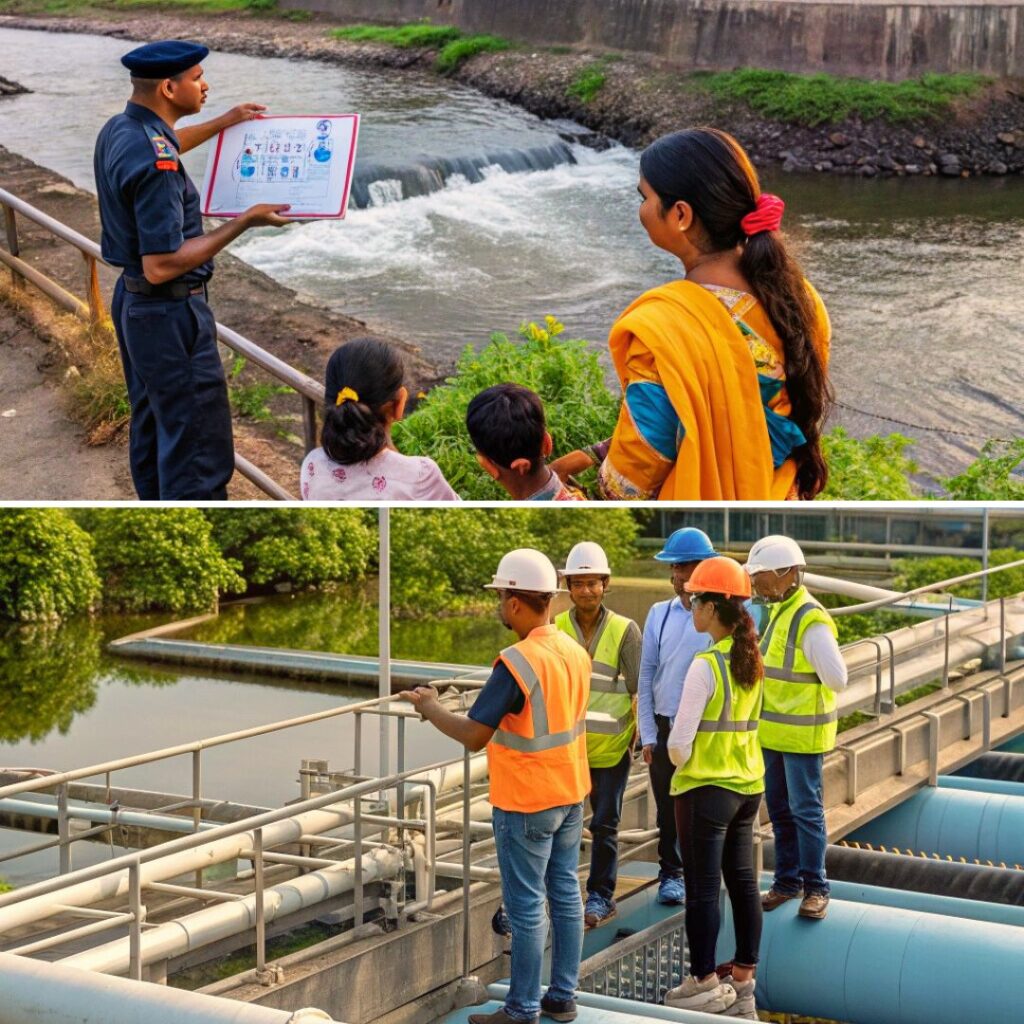In India, one-fourth or 27% of specially-abled kids aged between 5-19 are not in school says a UNESCO report released on July 3. The report also says that nearly three-fourths of specially-abled five-year-olds are left out of the education system
The report titled ‘State of the Education Report for India 2019: Children with Disabilities’ calls for policy intervention from the government to improve the situation regarding a number of children with disabilities going to schools in the country.
Fewer Children Attending Schools
The report states that out of more than 78 lakh disabled children aged between 5-19 years, only 61% attend an educational institution, of which 12% drop out, and remaining 27% have never been to school.
On comparing the status of children with disabilities in India to the number of specially-abled children getting education worldwide, the report states, the national estimates of the proportion of the population with disabilities is much lower than international estimates which raises questions about the disability measures used In the census.
The report further mentions that the number of girls with disability attending schools is much lower than boys. It states that the number of dropouts, of both boys and girls, increases significantly with increasing level of education. “The proportion of children with disabilities, who are out of school, is much higher than the overall proportion of out of school children at the national level. Thus, although the schemes and programmes have brought children with disabilities into schools, gaps remain,” states the report.
To address the issues related to a lesser percentage of children attending schools, the report recommends amending the RTE Act, 2009 to make it align with the Right of Persons With Disabilities Act, 2016, among other things. The report talking about loopholes in both the laws states that “there remain some ambiguities in terms of where children with disabilities should study and who should teach them, gaps in terms of appropriate norms and standards applicable to all educational institutions…”
Situation Is Worse Than It Appears
However, experts claim that the situation is worse than it appears as the government data includes home-based education (HBE). HBE is for children with severe intellectual/physical disabilities, who can be educated at home with alternate educational settings to enable them to achieve independent living skills.
“In many parts of rural India, if a parent opts for home-based education, the child may not be getting an education at all. Arman Ali, executive director of the National Centre for Promotion of Employment for Disabled People, to The Hindu said that it in rural India if a parent opts for home-based education, chances are that the child may not be getting an education at all. “The Sarva Shiksha Abhiyan teacher is supposed to visit and check, but how often does that happen? The number of excluded children is much higher than government data shows,” added Ali, who was part of the editorial board that oversaw the report.











